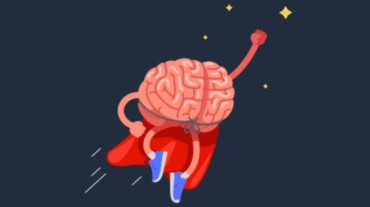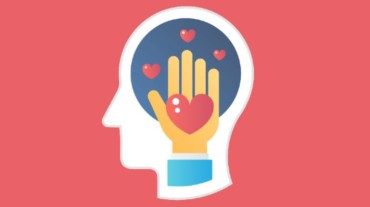
Do you often look back at your past decisions and see how often reality was clouded by your own version of it? Well turns out scientists can recognise the way our personal bias exists during decision making.
Everyone has a bias, and neuroscientists can see what happens inside your brain as you succumb to it. The clue comes from alpha brain waves — a pattern of activity when the neurons in the front of your brain fire in rhythm together, they said.
The strength of alpha brain waves reveals if you are about to make a biased decision, says a new study.
Also, read: 10 rules to become more emotionally resilient and cope with adversity in life
According to the researchers, biases in sensory perception can arise from both experimental manipulations and personal trait-like features.

But, how are the Alpha brain waves and our biased decisions connected?
Alpha brain waves pop up when people make decisions, but it remains unclear what their role is.
For the findings, published in the journal JNeurosci, the researchers Laetitia Grabot and Christoph Kayser from the Bielefeld University in Germany, used electroencephalography to monitor the brain activity of adults while they made a decision.
According to the study, the participants saw a picture and heard sound milliseconds apart and then decided which one came first.
How can the bias be identified through different alpha waves?
Prior to the experiment, the researchers determined if the participants possessed a bias for choosing the picture or sound.
Before the first stimulus appeared, the strength of the alpha waves revealed how the participants would decide, the researchers said.
Select Topics of your interest and let us customize your feed.
PERSONALISE NOWThe study revealed that weaker alpha waves meant resisting the bias; stronger alpha waves indicated succumbing to the bias.
How can scientific identification of bias help overcome it?
“We propose that combined with established roles of parietal alpha in the encoding of sensory information, the frontal alpha reflects complementary mechanisms influencing perceptual decisions,” the researchers added.
The scientists can recognise different types of alpha waves creating different information.

“These results also hold after temporal recalibration and are specific to the alpha band, suggesting that alpha-band activity reflects, directly or indirectly, processes that help to overcome an individual’s momentary bias in perception,” the researchers wrote.
Also, read: Find calm amongst the chaos of a stressful life by following these tips to achieve a Zen state of mind
We all create our own idea of all the subjects we interact with. This may often cloud our judgment when we try to make decisions. After reading this scientific study, maybe it’s time for you to become conscious of your bias which shall help uncloud them and aid better decision making.